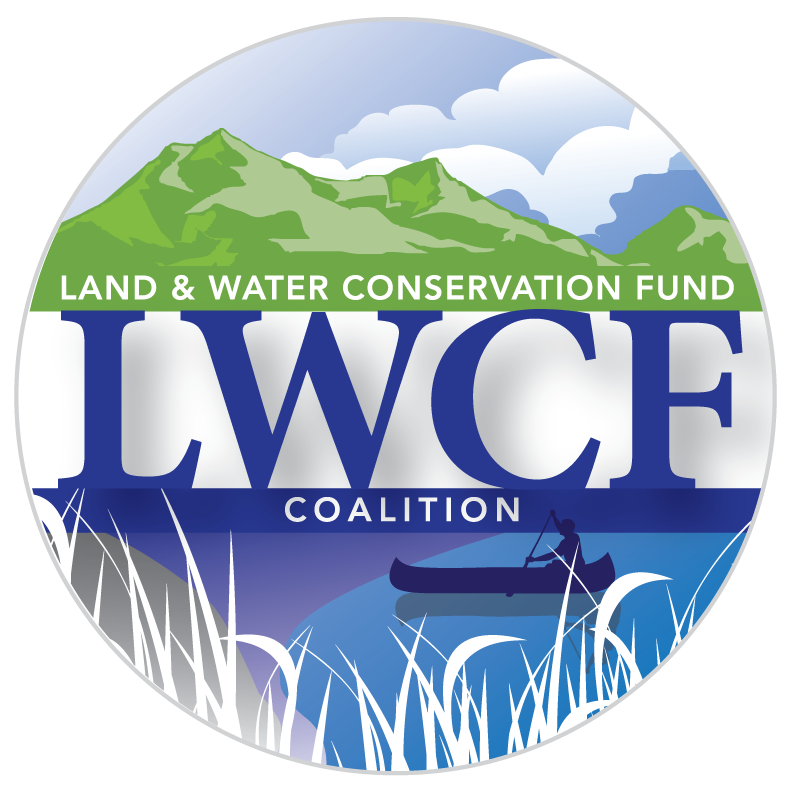Turning My Love for the Outdoors into Action
I recently found out that every single one of my favorite places has been protected by the Land and Water Conservation Fund (LWCF). I didn’t know this until I attended the Land Trust Alliance Rally in Denver, Colorado from October 26-28, 2017, where I visited the #SaveLWCF booth and attended the LWCF workshop. While I was there, the folks from the LWCF Coalition showed me a list of many of the national parks, forests, monuments, and historic sites funded by the LWCF; to my surprise, all my favorite vacation spots, weekend getaways, and hiking trails were part of a larger project funded by LWCF.
I’m originally from Virginia, where I split my free time between hiking and camping in the mountains and canoeing and swimming along the coast. As a kid, I spent every summer attending a nature camp in the George Washington National Forest, where I gained a love for the Blue Ridge Mountains. Once I got a car, I spent countless weekends driving from my home in the Piedmont out to the Blue Ridge. I hiked the Appalachian Trail through the Jefferson and George Washington National Forests, visited the Shenandoah Valley Battlefields, and organized a camping trip atop Virginia’s tallest mountain at Mount Rogers National Recreation Area. More than a few times, I almost blew out the brakes of my poor 20-year-old station wagon driving the twists and turns of the Blue Ridge Parkway. On the weekends I didn’t go to the mountains, I visited my parents along Virginia’s middle peninsula, where we would hike, boat, and fish at the Rappahannock River National Wildlife Refuge.
Every single one of these spots is protected with funding from LWCF. I will always value the weekends I spent there as times where I was able to connect with family and friends through common experiences in nature. And I would likely still be in Virginia visiting those very spots if I hadn’t decided to change my career in order to protect them.
In the summer of 2016, I started graduate school in North Carolina at Duke University’s Nicholas School of the Environment pursuing a Master’s degree in conservation and ecology. I realized that land protection and stewardship was what I cared about the most, and that if I wanted to keep enjoying my favorite parks, forests, and wildlife refuges, I needed to pursue a career where I could fight for them. It was through my efforts to find such a job that I ended up at the Land Trust Alliance Rally this fall. At Rally, I met people working at land conservancies across the country who are all doing exactly what I want to do: fighting to protect the lands and waters they love.
At Rally, I learned that the biggest threat to my favorite places, as well as countless natural areas across the country, is the defunding of LWCF. LWCF has been America’s best conservation and recreation funding program for 52 years. With the program set to expire in September 2018, we now have less than 30 weeks until Congress chooses whether or not to reauthorize the program.
Even though I’m in North Carolina for graduate school, I still contact my home-state representatives in Virginia to tell them how important spots like the George Washington National Forest and the Appalachian Trail are to me. Whether it’s a park, a forest, a national monument, or a trail, I’m sure you have a spot that means as much to you as these places do to me. Contact your representative today, and tell them why they should protect the LWCF.
Sarah Sanford is a graduate student at the Duke Nicholas School of the Environment
Top photo credit: NPS/Neal Lewis

